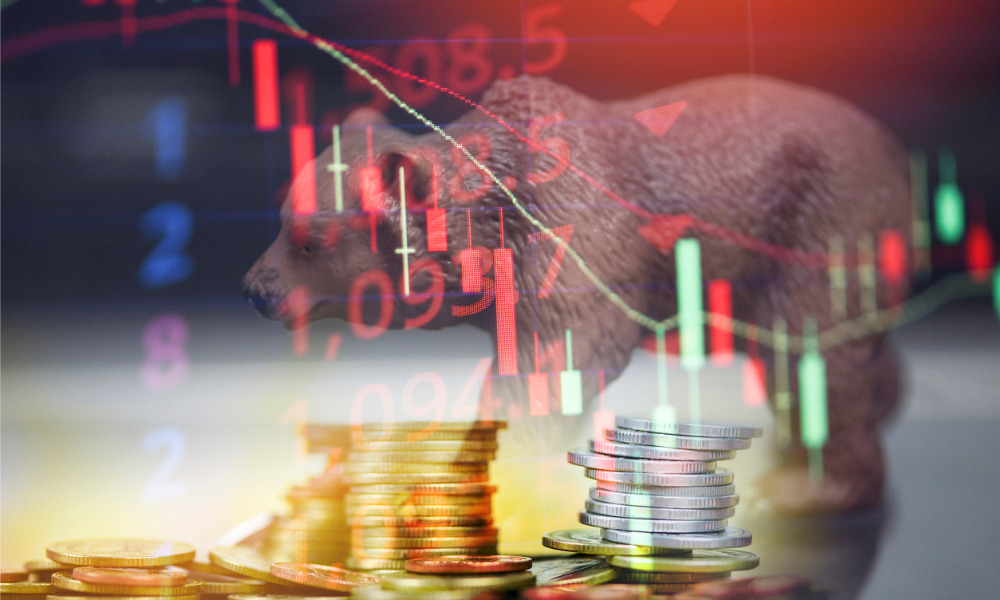

Bullish or bearish? It depends on who you ask according to two sentiment surveys released this week.
The first, the quarterly Charles Schwab Trader Sentiment Survey, found that bearishness on the U.S. stock market has increased to 53% in the fourth quarter of 2023 compared to 35% in the previous quarter, while bullishness is at 32%, down from 44%. However, a year ago just 18% were bullish with 68% bearish.
The political landscape in Washington, DC, is having an impact on trader sentiment with 21% citing this as their primary concern. It’s the top concern overall, beating Fed rate rises (16%), potential recession (11%), inflation (11%), and market correction (8%).
Just four in ten respondents feel now is a good time to buy stocks, down from 51% in the previous quarter, but there is optimism for lower inflation and rates in 2024.
“The confluence of factors facing markets today from monetary policy to government uncertainty to, most recently, geopolitical uncertainty has led some traders to take a more cautious stance,” said James Kostulias, head of Trading Services at Charles Schwab. “However, glimmers of economic optimism are emerging as we head toward the end of the year and look ahead to 2024.”
Despite concerns and the likelihood that this cohort of investors between the ages of 18-75 will take a risk-off approach (44% are reducing risk exposure), more are intending to increase their investment portfolios than to cut back. Many said they will spend more time researching and vetting their trades.
Bullishness is highest for energy (55%), IT (42%) and Healthcare (42%) stocks and most bearish about real estate (68%), consumer discretionary (50%), and finance (51%).
There is relative bullishness on value stocks (47%), AI stocks (45%), and fixed income investments (40%), while traders are relatively bearish on crypto (43%) and international stocks (42%).
“A positive trend we continue to see among our trader clients is their level of engagement with educational content and research as part of their trading approach,” noted Kostulias. “A third of traders are spending more time researching trades before executing, and more than a quarter are vetting strategies with the tools we provide in order to navigate the complexity of today’s market environment and economy.”

Relationships are key to our business but advisors are often slow to engage in specific activities designed to foster them.

Whichever path you go down, act now while you're still in control.

Pro-bitcoin professionals, however, say the cryptocurrency has ushered in change.

“LPL has evolved significantly over the last decade and still wants to scale up,” says one industry executive.

Survey findings from the Nationwide Retirement Institute offers pearls of planning wisdom from 60- to 65-year-olds, as well as insights into concerns.
Streamline your outreach with Aidentified's AI-driven solutions
This season’s market volatility: Positioning for rate relief, income growth and the AI rebound
